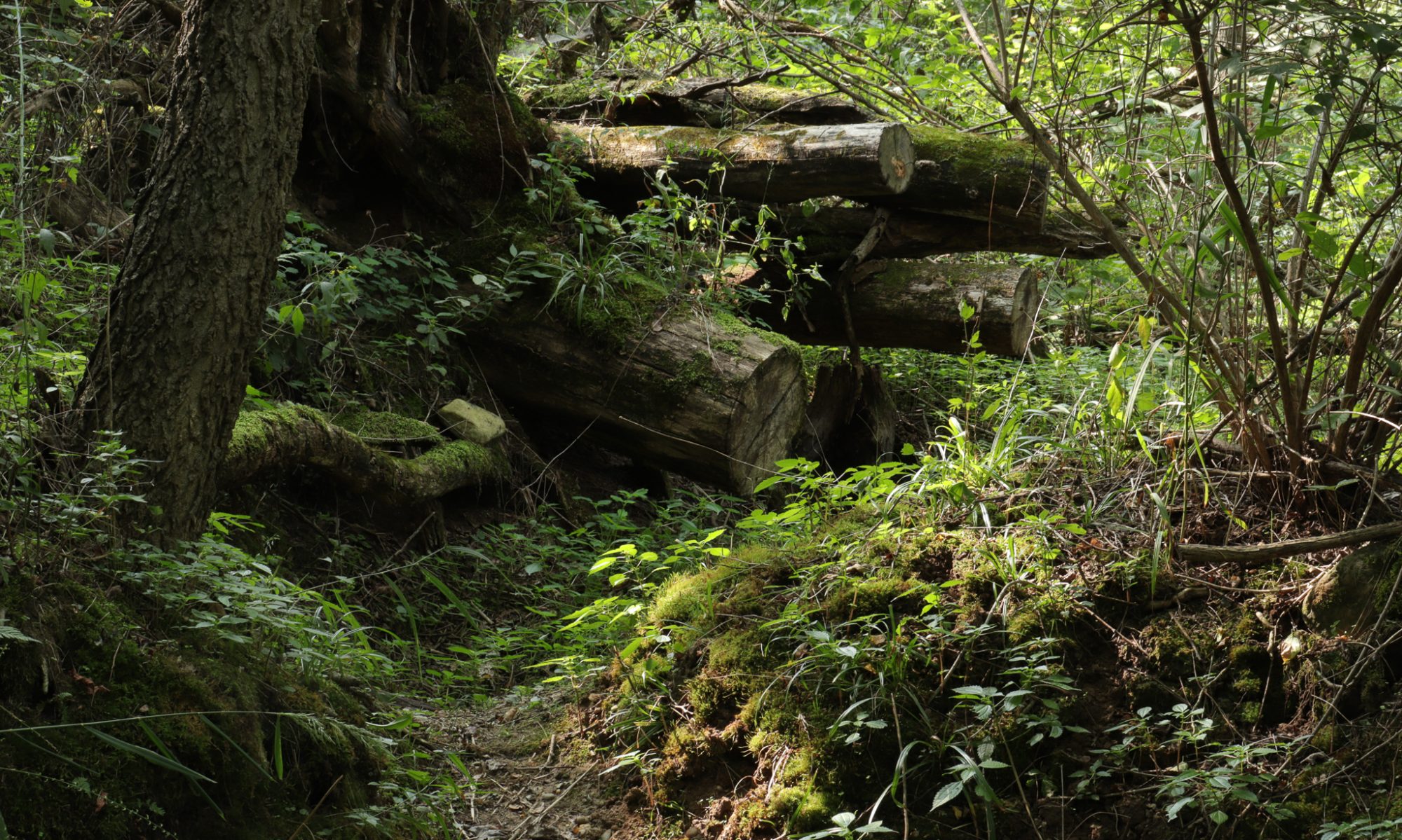—a Meditation by Naomi Wenger, Lent 3, 2020
This meditation is based on the Lenten Retreat given at The Hermitage on March 7, using the scriptures for the third Sunday in Lent for 2020. It will be posted over four days this week, Monday (3/16), Tuesday (3/17), Thursday, (3/19), and Friday (3/20). Each day includes a meditation and suggestions for practice. In this time when the whole world is focused on a virus, my hope is that you will be encouraged to keep thirsting for Christ.
Quench
We come now to the end of the story of Jesus and the Samaritan woman. In this section of the story, the woman is gone. She’s in her home place testifying to Jesus’ gift of “living water,” (that is, acknowledging her own deep truth and living from that place into the forgiveness of God). What remains are two scenes, one with the puzzled disciples and one with the townspeople. Read the story in John 4:31-42.
Jesus refuses the food that the disciples have gotten in town. Rather, he insists that he has other food—doing the will of God. I wonder if you have ever experienced the loss of appetite after a particularly enriching experience.
Jesus explains this experience by inviting the disciples to imagine. Imagine, he says, that all of these green fields are golden and dry, ready for harvest. Just so, the sower and the reaper can work together in one field in God’s agronomy. He then points to the lunch they brought, “see,” he says, you brought (reaped) what you did not sow. It is the work of all the people who bring in the harvest that you carry in your hands. Thus, you have entered into the labor, even though you did not do the work.”
This is amazing. Jesus is expanding the labor of one to include the labor of all. He is at the same time contracting seasonal growth, making all seasons compress into the harvest. Have you ever held an acorn in your hand? If so, you have experienced this kind of compression. You have held a tree, possibly a house or furniture, perhaps the warmth of a fire or heat for cooking. In that one small nut, lies not only potential but all that will become real out of that nut. I think that is what Jesus is teaching here. He also describes the timelessness of eternity. When there is no time, that is no “beginning, middle and end” to the story of life, then all things happen simultaneously, out of time. The sowing and the reaping are done together, so that all may “rejoice together.” This is a picture of the eternal kin-dom of God in which all is joy and only joy.
Jesus’ thirst is fully quenched by the true living water he had to offer.
The woman’s thirst was fully quenched by owning her own truth and receiving the gift of life from Jesus’ acceptance.
The townspeople’s thirst was fully quenched by hearing the word for themselves.
The disciples remain puzzled and thirsty. They are thirsty and hungry. They are blessed. They will be filled.
The psalmist tells of this experience in a different voice.
Ps 42:7–11. 7 Deep calls to deep at the thunder of your cataracts; all your waves and your billows have gone over me. 8 By day the Lord commands his steadfast love, and at night his song is with me, a prayer to the God of my life. 9 I say to God, my rock, “Why have you forgotten me? Why must I walk about mournfully because the enemy oppresses me?” 10 As with a deadly wound in my body, my adversaries taunt me, while they say to me continually, “Where is your God?” 11 Why are you cast down, O my soul, and why are you disquieted within me? Hope in God; for I shall again praise him, my help and my God.
Remember at the beginning of the Psalm, the writer was asking for a sip of water. Here, he is bowled over by the cataracts, the waves, and the billows that wash over him. It is no wonder that he asks himself, “why are you cast down?” God’s provision is abundance. Rather than a drink, God comes in the fullness of the waterfall and the ocean swell. Notice that the poet’s self-reprimand elicits hope and help from God.
Practice:
Read John 4:31-42. Having one’s thirst quenched is to be satisfied. What satisfies Jesus? Why does that baffle the disciples? Does it baffle you? Jesus turns the tables on his listeners by calling them to participate in a harvest that comes before lunch. Why do you think he does that? What do the disciples learn? How do the Samaritans respond? How do you respond?
Pray with the psalmist. From the beginning of this Psalm, we have stayed with this psalmist’s desire for a “small drink” of God. Here, we witness the overwhelming experience of being completely bowled over by the presence of God. Notice that the psalmist receives the sound of the “waves” and the “thunder of cataracts” as the song of God. Is it hard for you to experience God’s fullness? What would God’s song to you sound like? Write your reflections.
Psalm 42:7-8 7 Deep calls to deep at the thunder of your cataracts; all your waves and your billows have gone over me. 8 By day the Lord commands his steadfast love, and at night his song is with me, a prayer to the God of my life.
Read the poem, “Solomon says.” How does this thought from Meister Eckhart help you embrace your union with God?
Solomon says
Solomon says
all streams run
to the sea
and return to
their source.
These waters are
like our souls
that run like streams
to the One
who is
drawing them
Home.
(Mark S. Burrows & Jon M. Sweeney, Meister Eckharts’ Book of Secrets: Meditations on Letting God and Finding True Freedom)
Breathe a prayer of thanksgiving to God for the natural way God is continually providing “living water” and “drawing” you Home.

